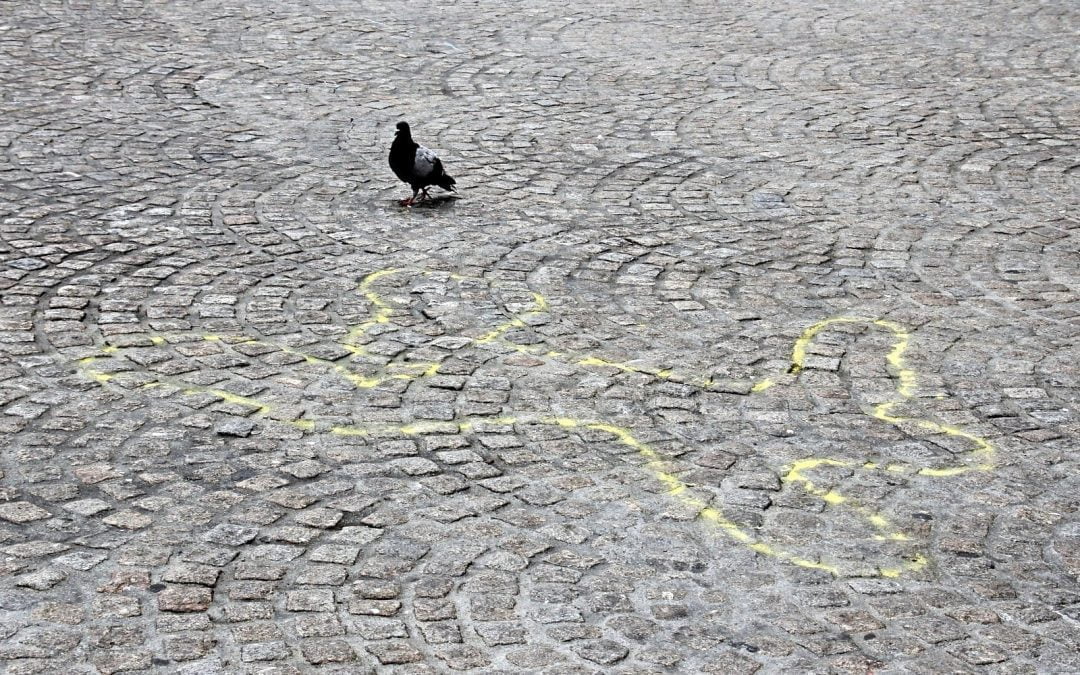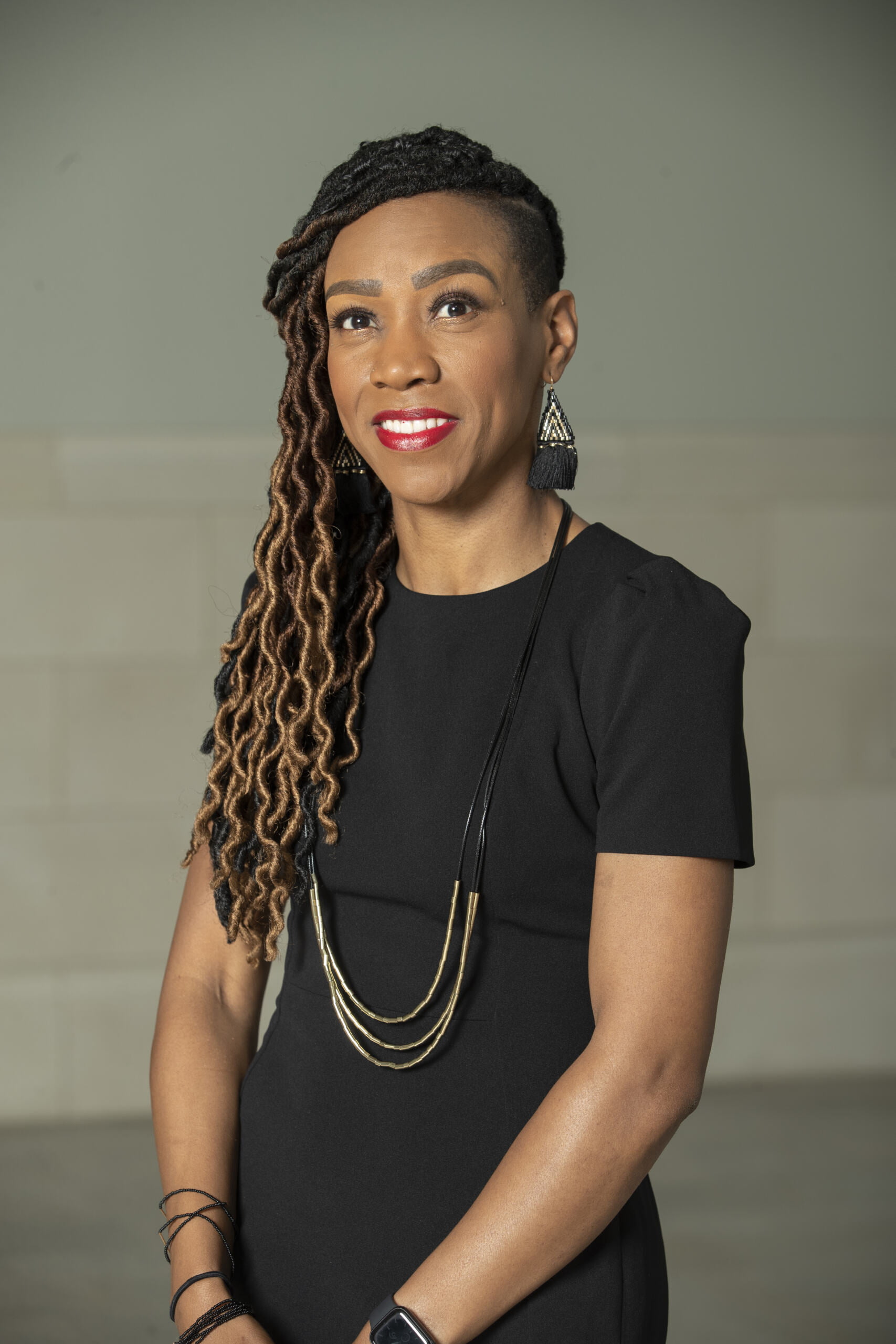Last Wednesday marked the 64th anniversary of Emmett Till’s death.
The 14-year-old African American boy from Chicago was killed in Money, Mississippi, on Aug. 28, 1955.
I know his story by heart; it was the first one I learned on domestic terrorism and mob lynching when I began my personal study of African American history.
He went to visit relatives, a kind of summer vacation, and was accused of whistling at a socially colored white woman.
Sexual harassment, rape, whistling at a so-called white woman are all the same for these domestic terrorists and all common themes in the murder of African American men.
Emmett’s death spoke to the historical and hysterical fear of cross-cultural relationships despite the common knowledge of the rape of African and later African American women by their European American oppressors, the “tainting of the pure white race” and the myth of inherent inferiority for those socially colored black.
The two were never to meet, mingle or mix. Death was not considered a high price but the necessary cost of admission to race and its capitalist superiority complex.
It was deemed necessary to maintain these pseudo-distinctions and color-coded divisions.
Emmett – not his murderers – had crossed the line for whistling at her. It was a common charge, included with those recorded by the Equal Justice Initiative like:
- “Not allowing a [socially colored] white person to beat him in a fight,” as was the case of Jim Eastman in Brunswick, Tennessee, in 1887.
- For “refusing to abandon their land to [socially colored] white people,” William Stephens and Jefferson Cole are lynched in Delta County, Texas, in 1895.
- “For complaining about the recent lynching of her husband, Haynes Turner, Mary Turner was lynched with her unborn child at Folson Bridge at the Brooklyn-Lowndes County line in Georgia in 1918.”
Thousands of lynchings. Perhaps Emmett’s murderers didn’t think that his would matter.
But they were wrong. Emmett’s heinous death would change the trajectory of a nation.
Persons said his name and realized that their lives mattered, that if persons could beat and lynch and shoot and tie a child’s body to a cotton gin fan and throw him into the river and not be found guilty of a crime against our shared humanity, then justice was not blind but looking the other way.
It inspired the civil rights movement and a man named Martin Luther King Jr., who, on the eighth anniversary of Till’s death, received the Nobel Peace Prize in 1963.
He had a dream: “I have a dream that my four children will one day live in a nation where they will not be judged by the color of their skin but by the content of their character.”
But the nightmare of race continues, and his children aren’t getting any younger.
Race and racialized identities continue to inspire the lynching of African American men, women and children in police states for suspected crimes like selling cigarettes for which Eric Garner was choked to death, for listening to loud music as was the case for Jordan Davis or simply walking back to his father’s home from a convenience store like Trayvon Martin.
From chants of “I am somebody” to “Black Lives Matter,” we are living the history of our days.
We are stuck in the past, never to see a brighter day or the light at the end of our tunnel vision because we human beings refuse to stick together.
It should have never happened to Emmett Till but when it did, it should have never happened again.
The struggle to share our humanity continues. What will you do to change the present on this day?
Editor’s note: A version of this article first appeared on Thomas’ blog, Raceless Gospel. It is used with permission.
Director of The Raceless Gospel Initiative, an associate editor, host of the Good Faith Media podcast, “The Raceless Gospel” and author of Take Me to the Water: The Raceless Gospel as Baptismal Pedagogy for a Desegregated Church.


